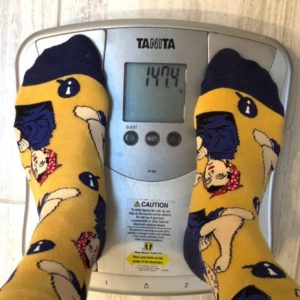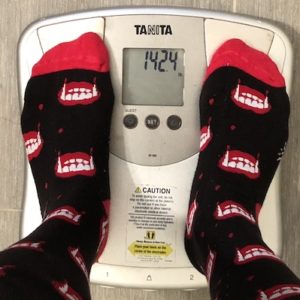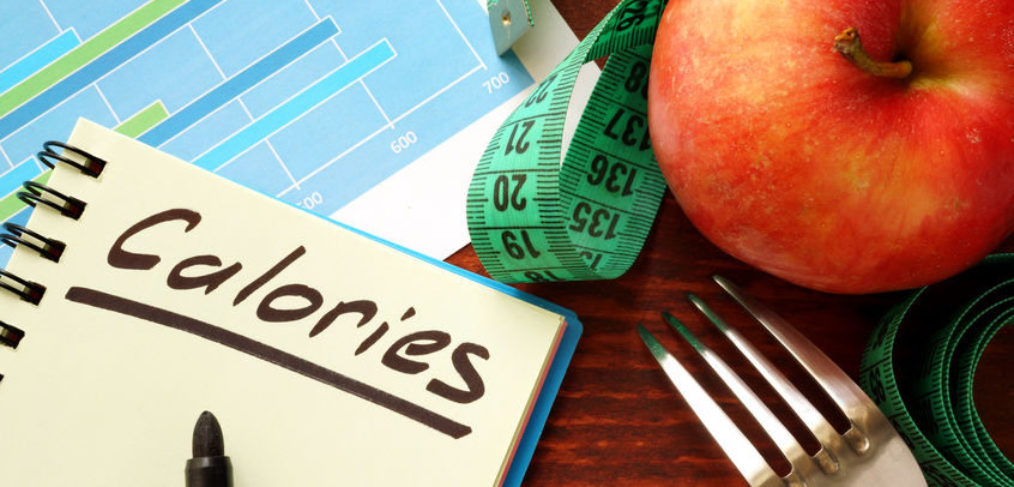Did you know that approximately 127 million adults in the U.S. are overweight, 60 million are obese, and 9 million are severely obese? These numbers are astounding as obesity has become the second leading cause of preventable death behind smoking. It’s not about looking good or attractive, it’s about the diseases that arise as a result of obesity like type II diabetes, cardiovascular disease, osteoarthritis, and certain cancers. Remember, these are preventable, as long as you exercise and maintain a healthy BMI.
What is BMI?
BMI stands for body mass index. It measures your body fat compared to your weight and hight. Your total body mass is divided by the square of your body hight, which results in your BMI. You can calculate it with online tools like this one. Based on the ratio, BMI gives you a good idea if you are in a healthy range or not for your weight based on body build.
Can I control my BMI with calorie deficiency?
Calorie deficiency is by far the most effective and easily implemented method of targeting a lower BMI. Do I believe that other diets work besides a high-carb diet? I do, but these are harsher and most of them work on the same principles: calorie deficiency and limitation of variety.
Some of these diets have been around for ages:
- Atkin’s Diet
- North Beach Diet
- South Beach Diet
- Protein Power diet
- Zone Diet
- Fat Flush Diet
- Schwarzbein Principle
- Neanderthin Diet
- Pritikin Diet
- Ornish Diet
- Keto Diet
Although each of these diets have their own nuances, most focus around the idea of a high-protein and low-carb diet. They also mostly include portion control and calorie deficiency.
So if they all cut out carbs, how can a high-carb diet be healthy?
Because it all comes down to the amount you put in, and the amount you eliminate through exercise.
These diets are built around the idea that carbs will add too many calories. True, there are bad carbs that come from simple sugars and starches which quickly turn into glucose. However, this doesn’t mean all carbs are bad, or that bread isn’t healthy. Whole grains provide needed nutrients. And bread can be be high in protein and fiber, which helps replace digestible carbs and fats.
Plus, a high-carb diet doesn’t have as many negative effects.
Still not sure about a high-carb diet? Just take a look at these two photos:

The first weigh-in: 147.4

Week 9 weigh in: 142.4 lbs.



